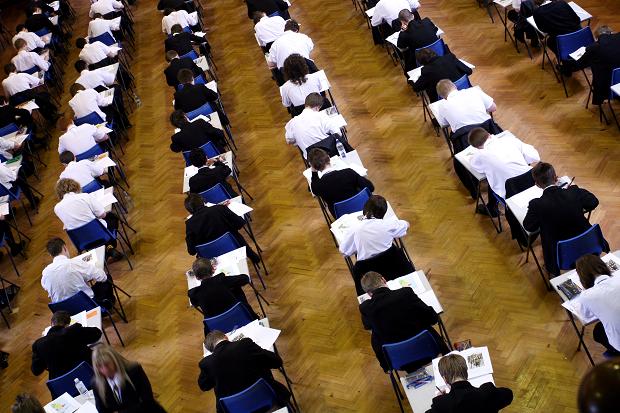A report from the Sutton Trust this week declares that students from poor backgrounds who demonstrate academic ability at key stage 2 (age 7-11) are falling behind their peers by the time they sit their GCSEs. The report looked at students achieving the top 10% of marks at aged 11, and found that students within this group who receive free school meals were very rarely in the top 10% by GCSE. In fact, a third of the boys from this group were not even in the top 25% of achievers by GCSE.
The Trust, which focuses on improving social mobility through education, also found that the subjects chosen by students at and after GCSE changed depending on poverty. The group studied were less likely to choose subjects such as sciences or languages, which would be instrumental in supporting them in a path to university.
A spokesperson for the Department for Education stated that the achievement gap between the students in receipt of free school meals and their better-off friends is narrowing, and that the government places great importance on the achievement of every child. Currently, it spends £2.5 billion on the ‘pupil premium’ grant, given to schools to counteract the well-documented trend of students performing at the level expected of their socio-economic background, rather than that of their academic potential.
At Bringing Words to Life, we want to support everyone, regardless of background, to achieve a level of literacy that allows them to access all aspects of life in modern Britain. Our programmes are designed to give people the confidence to progress to further education and employment. We were saddened by the shocking news that so many bright students are not achieving their full potential at GCSE and we continue to look for new ways to help everyone we are working with.
Photo Credit
